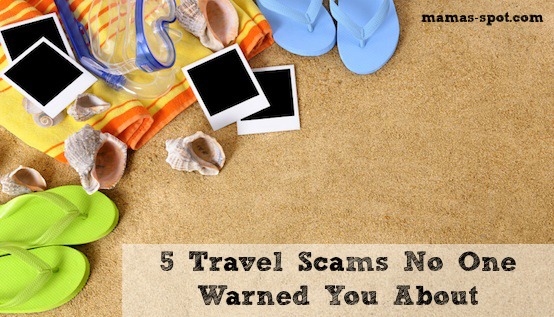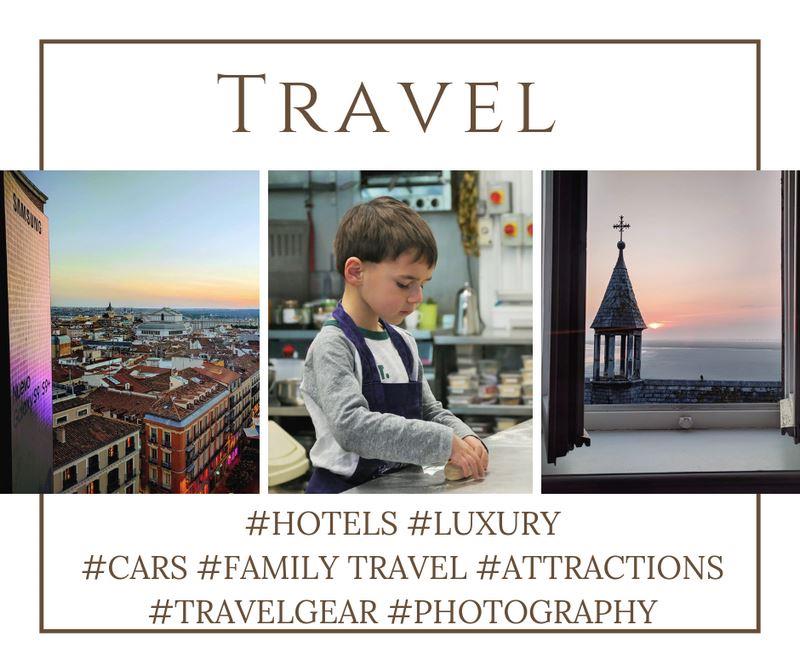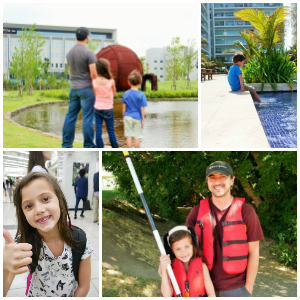
Watch your wallet while you’re on vacation.
You’ve heard that advice before, haven’t you?
But the real danger isn’t from an overt scam like the “fake” front desk call at the hotel in the middle of the night or the spoofed Wi-Fi hotspot.
It isn’t even the predatory timeshare salesmen that take money from you in increments of thousands of dollars.
With a little common sense, you can avoid most of these swindles.
The real hazards are where you least expect them, and they affect you in less obvious ways.
Here are the top 5:
Practicing unsafe plastic.
The truly effective scams depend on money being siphoned away in tiny amounts — $2 or $3 at a time — from a credit card whose number is compromised.
When you’re on the road, your unsecured, non-chip-and-pin American credit card can be scanned, swiped and cloned by villains.
Don’t expect to see thousand-dollar charges from Zambia (although that does happen from time to time).
Instead, the scammers count on you not checking your card balance, and missing that dollar charge for a merchant you’ve never heard of.
This one has actually happened to me; luckily my husband and I track every expense and we saw a $4 charge we didn't recognize.
The fix: Ask your bank for a safer chip-and-pin card and review your credit card statement at least once a month.
Death by a thousand fees.
The travel industry, and particularly airlines, haven’t met a fee they didn’t love.
Like the credit card scam, these “gotchas” don’t take you for hundreds of bucks at a time, although that does happen.
Instead, it’s a few dollars here, a few dollars there.
A $2 delivery fee at your hotel for a newspaper you never requested, a $5 candy bar from a minibar, a $20 fee to check your luggage; alone, these fees are chicken scratch, but put them all together and you’re spending more, maybe a lot more, for your vacation.
The fix: Always, always, always ask if the price you’re paying includes everything. A travel company won’t always volunteer that information.
If you know, you can make a more informed purchasing decision.
“Conveniences” that aren’t there for you.
It’s come to this: When you see the word “for your convenience” anywhere when you travel, it’s probably a scam.
Consider dynamic currency exchanges on credit cards, which are billed as a convenience and often fraudulently implemented on your bill when you travel overseas.
The fix: Be wary of anything that’s advertised as a “convenience.” It’s probably anything but that.
And don’t forget to check your credit card statement to make sure a business didn’t sneak the charge on your card, anyway.
Bad advice you shouldn’t take.
Whether it’s that rack of brochures at the welcome center (ask yourself: who pays for those?) or the recommendations of a hotel concierge (follow the money, people) or the enthusiastic writings of a blogger hawking a destination or a travel company, there’s no shortage of advice online.
Bottom line: In small and seemingly benign ways, the advice you get from user-generated travel reviews and so-called “experts” can be tainted.
But add it all up, and it could make you spend more on vacation and get less.
The fix: When it comes to travel advice, trust your friends and double-check the others.
A fake invitation to return.
It’s easy to get sentimental on your summer vacation, isn’t it? You had such a great time, why not come back next year?
That’s when they’ll getcha.
You might get hit up to buy another cruise at the end of your vacation at sea, or a timeshare while you’re having a theme park vacation in Orlando, or to sign up for a scammy travel “club” that’ll let you return to the islands.
They’re often couched in emotional language, suggesting that if you really never want the good times to end, it can happen — for the right price.
The fix: Never buy another vacation or travel-related product while you’re on vacation. It is almost always a scam, or close to it.
It shouldn’t come as a surprise that the real rip-offs aren’t in the places where everyone shines a light, but in places where no one looks, and no one expects them.
The travel scams that will probably affect you are small, maybe not noticeable at all, but they can add up quickly and ruin your vacation.
Learn how to say “no” and you’ll avoid the most common missteps.
If you like this post make sure to hit the Pin-it button on the top of this post and share it with friends too!







